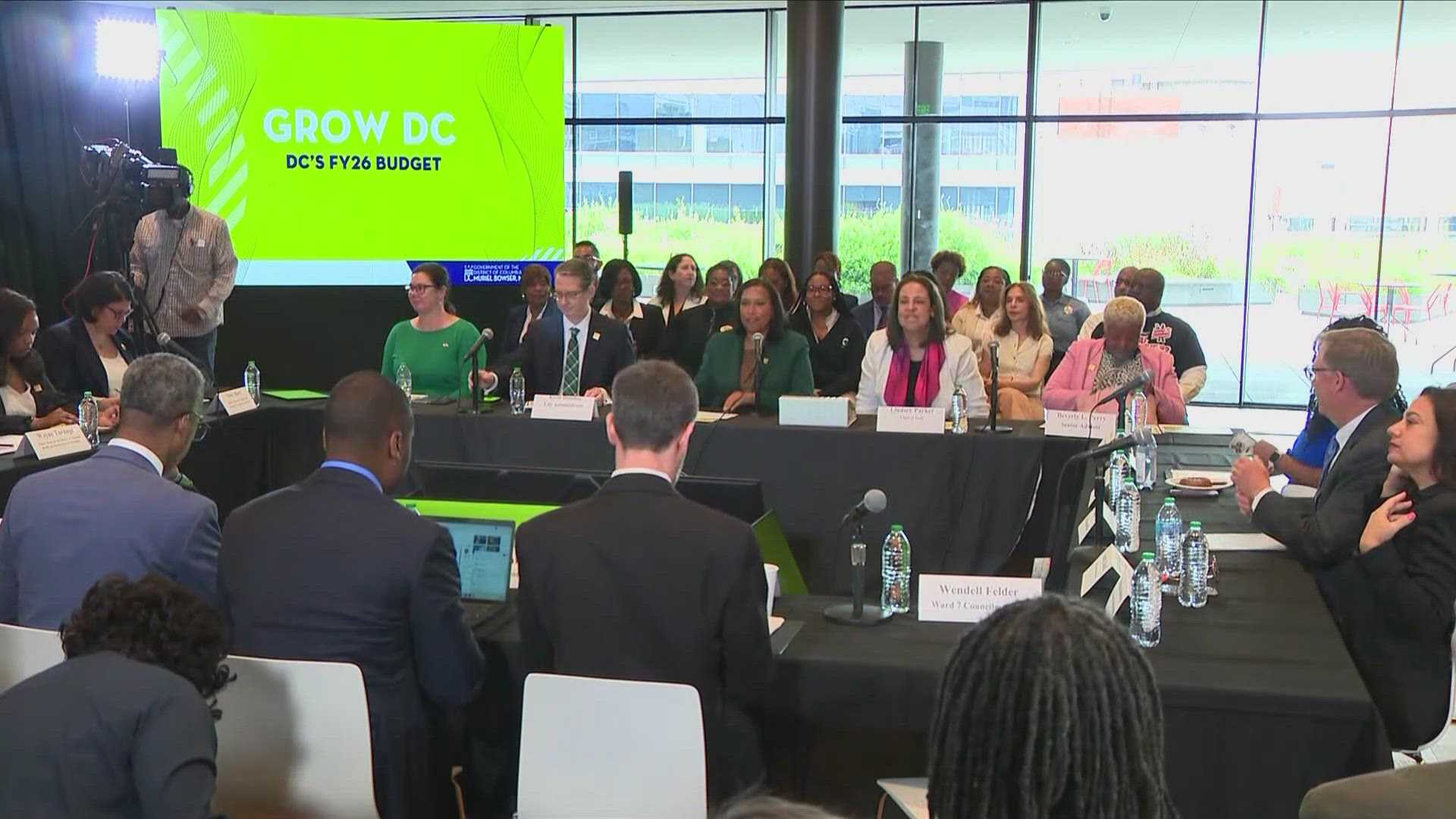News
D.C. Council Approves $22 Billion Budget Amid Controversial Amendments

Washington, D.C. — The D.C. Council voted on July 28, 2025, to approve an almost $22 billion budget for the fiscal year 2026 after hours of debate over numerous last-minute amendments. This budget vote marks the culmination of a legislative session filled with contentious discussions.
Council Chair Phil Mendelson described the introduction of many amendments as “a little wacky,” particularly referencing one unanimous amendment that cut $30 million from previously allocated programs. Mendelson introduced the measure under pressure from D.C.’s chief financial officer, who threatened to withhold certification of the budget unless it included a $244 million cushion from unspent funds.
Council member Janeese Lewis George expressed her frustration with this pressure, stating, “I think we should all be angry about what we’re being forced to do by a non-elected administrator who lacks the authority to appropriate funds.” Many debated the funding of Initiative 83, which voters passed last year to implement ranked choice voting and open primaries in D.C. The council ultimately voted to fund only half of the initiative, allowing ranked choice voting but not open primaries.
At-large Council member Anita Bonds and Ward 5 Council member Zachary Parker advocated for further studies on implementing ranked choice voting, while Ward 2 Council member Brooke Pinto pushed for full funding of the initiative. Pinto argued that implementing semi-open primaries was essential given that it was supported by 73% of the voters.
Another key discussion involved the tipped minimum wage, addressed by Initiative 82, which mandated a full minimum wage for tipped workers by 2027. Amid backlash from restaurant owners, the council passed an amendment to adjust the tipped wage to 75% of the city’s minimum wage by 2034, with planned increases starting in 2028. Lewis George spoke against this amendment, while Pinto defended it as necessary for the economy of small restaurants.
The budget also included penalties for delays in the mayor’s proposed budget submissions, following this year’s late proposal that affected the voting schedule. The mayor attributed delays to issues surrounding federal government tax revenue access. Additionally, the council approved a supplemental budget for 2025 to cope with a federal budget gap affecting tax revenue.
The approved budget reflects ongoing fiscal challenges and debates surrounding social equity and economic support programs as the council navigates complex political and financial landscapes.












